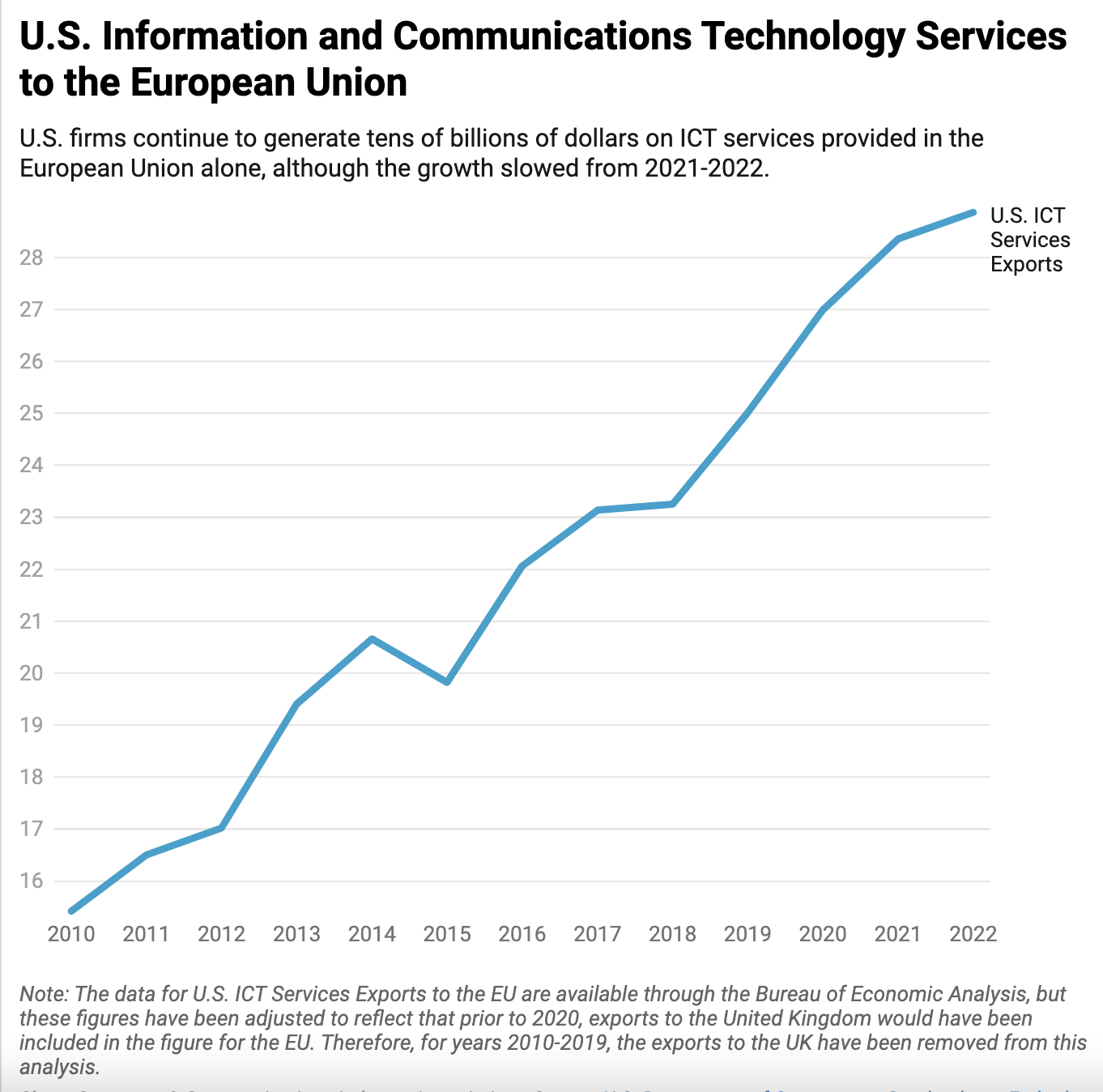Connectivity in Emerging Markets Enabled by Subsea Cables and Satellites
The majority of adult mobile phone users in Kenya, South Africa, Jordan, Tunisia, and Lebanon surveyed in 2018 responded that they relied heavily on their mobile phones, according to the Pew Research Center. Increased mobile penetration in emerging markets has enabled these users to help stay in touch with those far away, obtain news and information, and earn a living. As more Internet companies compete to invest in international subsea cable networks, which currently carry 99 percent of the world’s data traffic, the boost in cloud computing capacity is expected to further facilitate the provision of digital services in emerging markets.
On June 28, for instance, Google announced that it will be constructing and privately funding a new subsea cable—called “Equiano”—from Portugal to South Africa with a branch to Nigeria. The cable will provide 20 times more capacity, providing better connectivity, reliability, and lower latency in the years to come. This will be Google’s fourteenth subsea cable investment and the third international cable to be funded entirely by the company. “Branching units” will be built into the cable system, as to allow connections with other African countries at a later date. The first phase of the project connecting South Africa with Portugal is expected to be completed in 2021.
The announcement of the Equiano project comes a few months after the completion of Google’s first privately-funded intercontinental cable “Curie” from Los Angeles to Valparaíso, Chile. Google first began investing in subsea cable projects almost a decade earlier in 2010. It invested in “Unity,” which stretches across the Pacific Ocean from Chikura, Japan to Redondo Beach, California. Unity is co-owned by other companies, including Elstra, Singtel, KDDI, and Airtel. As of 2019, there are 400 subsea high-capacity fiber-optic cables around the world.
Google is not the only company investing in Internet infrastructure. Facebook is reportedly in the early stages of planning an underwater cable that encircles the whole of Africa, aiming to drive down bandwidth costs. Facebook began deploying high-speed satellite-powered Wi-Fi hotspots in rural areas of Mexico earlier this year, after its successful efforts to bring connectivity to parts of sub-Saharan Africa. Amazon confirmed its plan in April to build a network of over 3,000 satellites to provide low-latency, high-speech broadband connectivity. SpaceX has already launched 75 satellites and has received approval by the U.S. Federal Communications Commission to put 4,365 more into space.
As more companies invest in various initiatives to launch cables, data centers, and satellite networks, more of the developing world will be online and have access to the Internet and the benefits that it provides.








